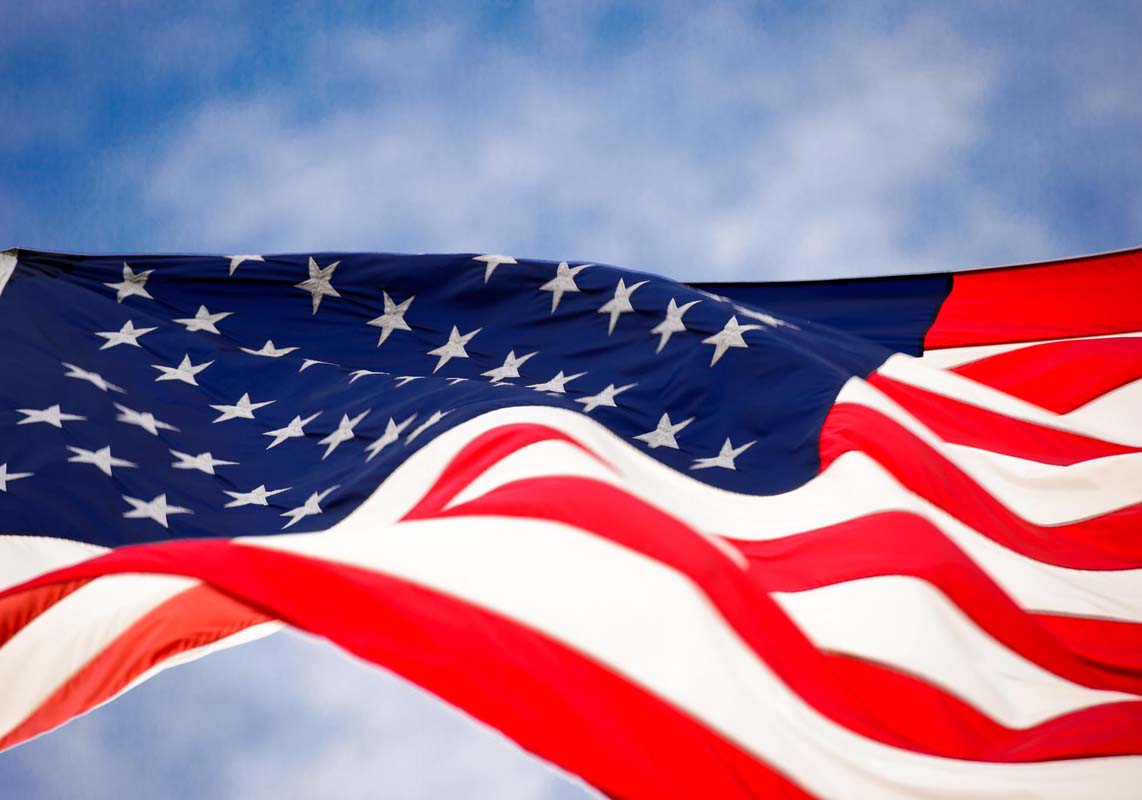
403
Sorry!!
Error! We're sorry, but the page you were looking for doesn't exist.
U.S. Introduces Stricter Visa Vetting for Harvard Visitors
(MENAFN) The United States Department of State has directed its embassies and consulates around the globe to initiate more rigorous screening processes for individuals applying for visas to visit Harvard University, according to an internal communication reviewed by a news agency.
Dated May 29, the instruction came from Secretary of State Marco Rubio’s office and requires visa officers to perform an in-depth analysis of the digital footprint of all temporary visa seekers heading to Harvard “for any purpose.”
This measure applies not only to scholars and academic staff but also to visiting lecturers, external workers, employees, and even sightseers.
Under the updated guidelines, applicants may need to make their social media accounts accessible to reviewers.
Those who lack an online presence or have restricted accounts might be considered suspicious, the memo states.
This policy forms part of a broader trial initiative aimed at increasing the scope of digital background checks for U.S. visa hopefuls.
It follows another diplomatic message from earlier this week that temporarily halted new student visa interviews while embassies implement the new procedures.
The decision arises amid rising friction between the Trump administration and American academic institutions. Harvard, specifically, has come under intensified examination.
The administration has criticized the university for allegedly not adequately addressing incidents of antisemitism on its campus, using these issues to justify the directive.
The communication also cited executive directives signed by Leader Donald Trump that focus on enhancing visa inspections and countering antisemitism.
Dated May 29, the instruction came from Secretary of State Marco Rubio’s office and requires visa officers to perform an in-depth analysis of the digital footprint of all temporary visa seekers heading to Harvard “for any purpose.”
This measure applies not only to scholars and academic staff but also to visiting lecturers, external workers, employees, and even sightseers.
Under the updated guidelines, applicants may need to make their social media accounts accessible to reviewers.
Those who lack an online presence or have restricted accounts might be considered suspicious, the memo states.
This policy forms part of a broader trial initiative aimed at increasing the scope of digital background checks for U.S. visa hopefuls.
It follows another diplomatic message from earlier this week that temporarily halted new student visa interviews while embassies implement the new procedures.
The decision arises amid rising friction between the Trump administration and American academic institutions. Harvard, specifically, has come under intensified examination.
The administration has criticized the university for allegedly not adequately addressing incidents of antisemitism on its campus, using these issues to justify the directive.
The communication also cited executive directives signed by Leader Donald Trump that focus on enhancing visa inspections and countering antisemitism.

Legal Disclaimer:
MENAFN provides the
information “as is” without warranty of any kind. We do not accept
any responsibility or liability for the accuracy, content, images,
videos, licenses, completeness, legality, or reliability of the information
contained in this article. If you have any complaints or copyright
issues related to this article, kindly contact the provider above.


















Comments
No comment